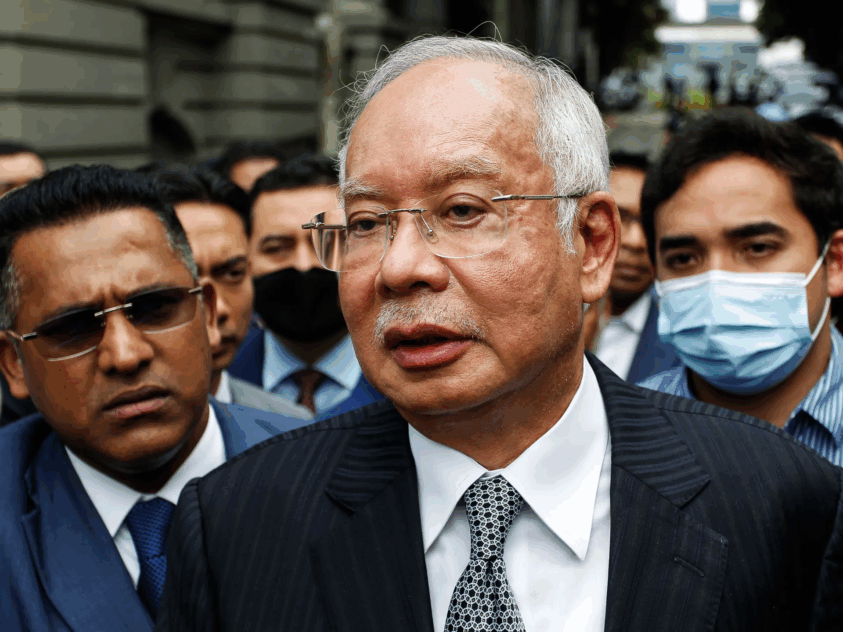MOST Malaysians do not support the use of the death penalty for major drug offences, a research study found, on the back of the Government’s recent decision to scrap the mandatory death penalty for all crimes.
According to a study by The Centre, more than 80% of their 500 respondents said they would not support the use of the death penalty for drug offences involving “more serious” drugs like heroin, LSD, ecstasy and opium.
“Instead, the majority of respondents support non-capital punishments as responses towards individual major drug offences,” the think tank said last week, in a presentation to launch the findings of the study, How do Malaysians Really Feel about Drugs?
“Notably, 39% of respondents support non-custodial sentences or even no punishment at all for the offence of unknowingly transporting more serious drugs,” it added. “This suggests a significant level of consideration for factors such as intent in committing the crime.”
Malaysia is infamously known for its hard stance against drug use and drug offences, even as concerns have been raised about disproportionately tough penalties, an overburdened criminal justice system and overcrowding in prisons.
Minor drug offences in Malaysia involve using, selling or possessing small amounts of drugs (in grams). Major drug crimes involve knowingly or unknowingly transporting, carrying or delivering drugs, and selling or possessing large amounts of drugs (in kilograms).
Now that the mandatory death penalty has been scrapped, albeit still up to the discretion of judges to decide on during sentencing, the most severe punishment for major drug offences in Malaysia is life imprisonment.
For minor drug offences, which do not see the death penalty being used, custodial and non-custodial sentences are used, ranging from life imprisonment, jail time, fines, mandatory or voluntary rehabilitation and community service.
Less support even for major drug offences
The Centre’s face-to-face study, which was carried out nationwide in April, also found that support for the death penalty dropped even further for major offences involving less serious drugs such as cannabis, ketum, adderall and morphine.
“Support for non-custodial responses is comparatively higher,” it noted. “This may be attributed to the perceived harm of the type of drugs involved in these offences.”
Continuing on this tangent, support for the death penalty dropped most significantly for the offence of knowingly transporting drugs, from 18% for serious drugs to 7% for less serious drugs.
It was also noted that support for the death penalty for major drug offences got even lower in the presence of mitigating facts, except for one case involving a foreign woman who unknowingly carried more serious drugs.
The Centre said this could be attributed to a lack of public acceptance for foreigners and migrant workers, as it cited an International Labour Organisation (ILO) study which reported a high majority of respondents as thinking that crime rates increased in Malaysia due to migration.
Meanwhile, 65% to 70% of the study’s respondents supported either jail terms or life sentences for possessing or selling “small amounts” of such drugs, which in the case of morphine, could be as little as 5g (about 1 teaspoon), as stipulated in the Dangerous Drugs Act (DDA) 1952.
“Nonetheless, there was significant support (45%) for non-custodial sentences or no punishment at all for the offence of using more serious drugs, showing greater sympathy for offences of consumption vs. offences of commercial gain.”
The Centre said its findings strongly suggest that there is a public appetite to reform aspects of Malaysia’s drug policy, including amending the DDA, and urged the Government to do so.
It said current penalties for drug offences need to be reviewed to amend disproportionate sentencing, while punishments for serious drug offences should be redefined based on the intention of the crime. – July 18, 2022









